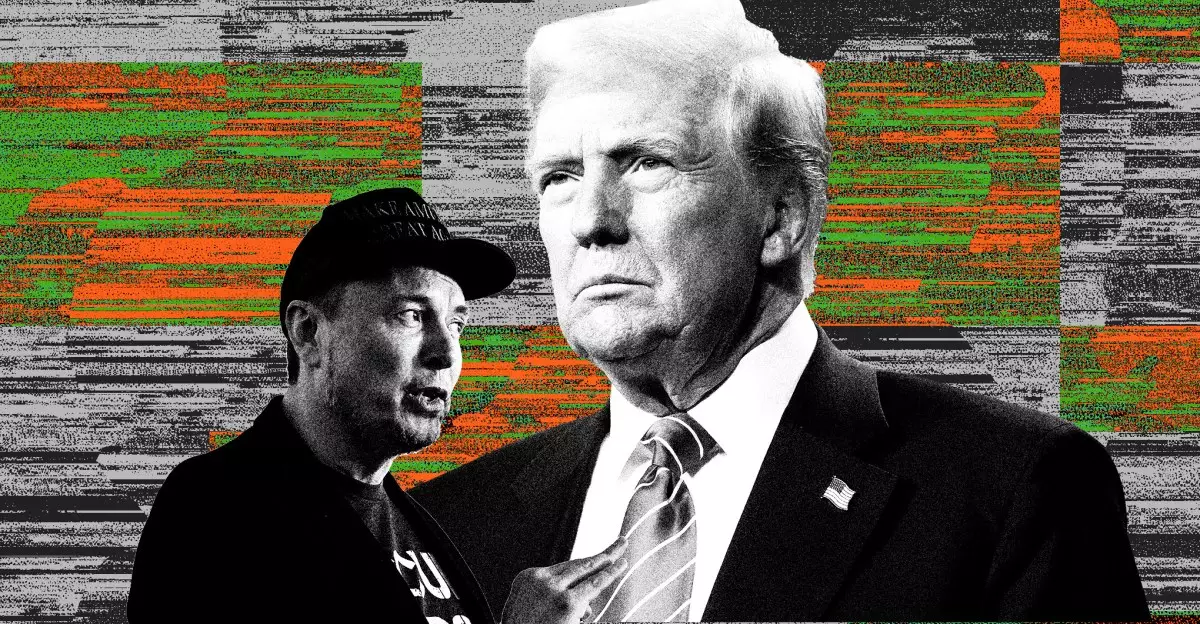In the aftermath of the January 6, 2021, Capitol riot, social media platforms faced immense pressure regarding their moderation policies. Notably, under Elon Musk’s ownership, X (formerly Twitter) has agreed to a significant settlement with former President Donald Trump, highlighting the contentious intersection of social media, politics, and legal battles.
On that fateful day, a mob of Trump supporters stormed the U.S. Capitol, prompting major social media platforms to reassess their content moderation strategies. In the wake of the chaos, many platforms, including X, imposed bans on Trump for inciting violence and spreading misinformation. This action was not merely a matter of policy but a decisive statement about the responsibilities these platforms carry concerning public safety and free speech. The lawsuit brought by Trump against X sought to combat this ban, arguing that it infringed upon his rights, while embroiling the platform in broader debates regarding First Amendment protections, corporate governance, and the role of private companies in political discourse.
According to reports from credible sources such as The Wall Street Journal, the settlement of approximately $10 million reached between Trump and X not only marks a financial outcome but also raises questions about the influence of wealth and power within the political arena. The settlement follows a previous push from Trump, who took legal action against various social media platforms, including Facebook and Google, indicating a multi-faceted approach to reclaiming his online presence after the bans.
After a dismissal in 2022 of his lawsuit against Twitter, which claimed that the platform acted as a state actor, Trump’s legal strategy may have found a more favorable avenue through direct negotiations rather than courtroom litigation. The previous rejections of Trump’s claims, including arguments against Section 230, demonstrate the complexities of navigating the legal framework surrounding digital platforms, yet the settlement suggests a willingness from Musk’s X to avoid further disputes that could lead to damaging public relations.
Trump’s legal entanglements extend beyond X, as he also pursues cases against Meta and Google, seeking to challenge their restrictive policies. Recently, Meta agreed to a $25 million settlement, emphasizing the rapidly evolving dynamics of how digital platforms handle politically charged content. Additionally, ABC News’s settlement of $15 million in Trump’s defamation lawsuit underscores the media’s convoluted relationship with the former president as public figures navigate an increasingly litigious landscape.
This confluence of high-stakes settlements highlights an ongoing narrative in the digital age, where influential figures like Trump remain integral to discussions on free speech while grappling with the ramifications of social media policies. As platforms continue to govern online interactions, the actions taken by Musk and his counterparts pose significant questions about accountability, freedom, and the power wielded by social media giants in shaping political discourse.
The state of social media in conjunction with political influence is a topic that remains in flux, encapsulated by recent legal developments and settlements. As the landscape continues to evolve, the implications of these cases will undoubtedly resonate across the halls of political power and digital platforms, shaping the future of online engagement.


Leave a Reply